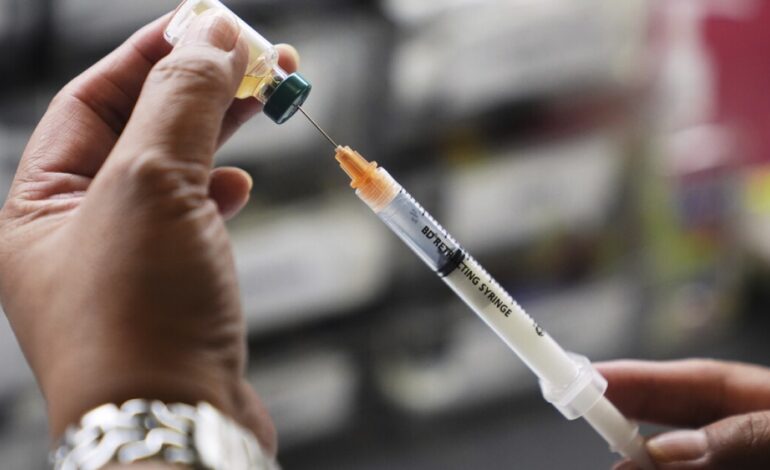CDC’s Vaccine Advisory Panel Faces Changes Amid Controversy

Concerns surrounding vaccine recommendations are heightening as the Centers for Disease Control and Prevention (CDC) prepares for changes from its recently restructured vaccine advisory panel. This panel, officially known as the Advisory Committee on Immunization Practices, is influential in determining the federal vaccine schedule and public health policy regarding vaccinations.
Significant Reforms and New Appointments
Health and Human Services Secretary Robert F. Kennedy Jr., appointed by former President Donald Trump, has initiated sweeping reforms since taking office. Notably, he has removed 17 members from the committee and appointed 12 new members, many of whom are known for their skepticism towards traditional vaccine policies. The reconstituted panel is set to hold its first public meeting on Thursday, marking a pivotal moment for vaccine guidance in the United States.
The committee’s advice is crucial as it influences the federal government’s vaccine schedule, which includes determining which vaccines are covered by insurance and recommended by pediatricians. Although the CDC holds the final decision-making power, the panel’s recommendations often shape medical guidance throughout the country.
Dr. David Higgins, a medical professional, expressed skepticism about the current committee’s direction, stating, “The committee that’s formed right now is not a committee that I am looking to for vaccine recommendations.” He noted that the changes implemented by Kennedy have fostered division and frustration within the medical community, prompting some healthcare providers to seek alternative sources for vaccine guidance.
Impact on Parents and Public Health
The uncertainty surrounding vaccine recommendations is increasingly felt by parents. Dr. Higgins empathized with caregivers, encouraging them to consult their child’s pediatrician for clarity. “I empathize with a parent who says ‘I’m really confused,’” he remarked.
According to a recent study conducted by KFF and reported in the Washington Post, approximately one in six parents have delayed or skipped at least one vaccine for their children. This trend highlights the growing concern and confusion among families regarding vaccination schedules and recommendations.
Kennedy addressed the complexities of medical interventions during a recent congressional testimony, recognizing that some medications, including vaccines, can have associated risks. “I understand some medicines harm people, some of them have risks, some of them have benefits that outweigh those risks for certain populations, and the same is true with vaccines,” he stated.
One potential change under consideration involves the timing of the Hepatitis B vaccine. For over three decades, the CDC has recommended that infants receive their first dose at birth, a practice that may be reassessed under the new advisory panel’s influence.
The evolution of the CDC’s vaccine advisory panel and its implications for public health remain crucial as the meeting approaches. Stakeholders across the healthcare spectrum are watching closely, aware that the panel’s recommendations will likely shape the future of vaccination policies in the United States.






